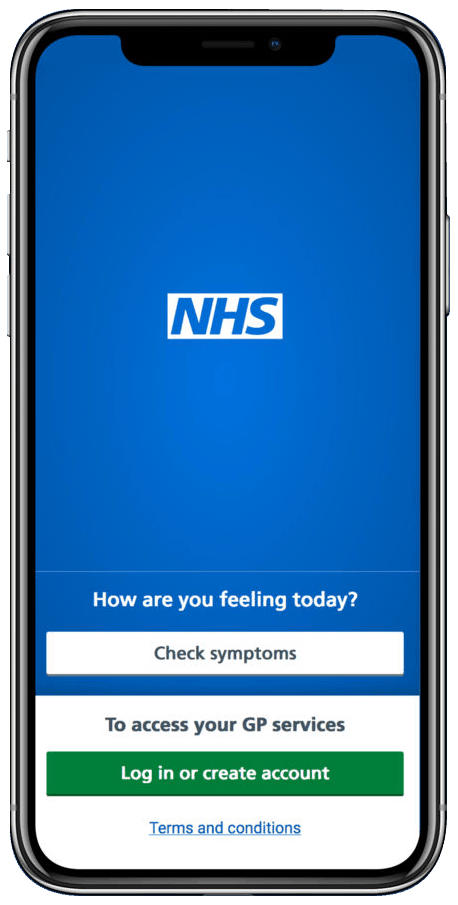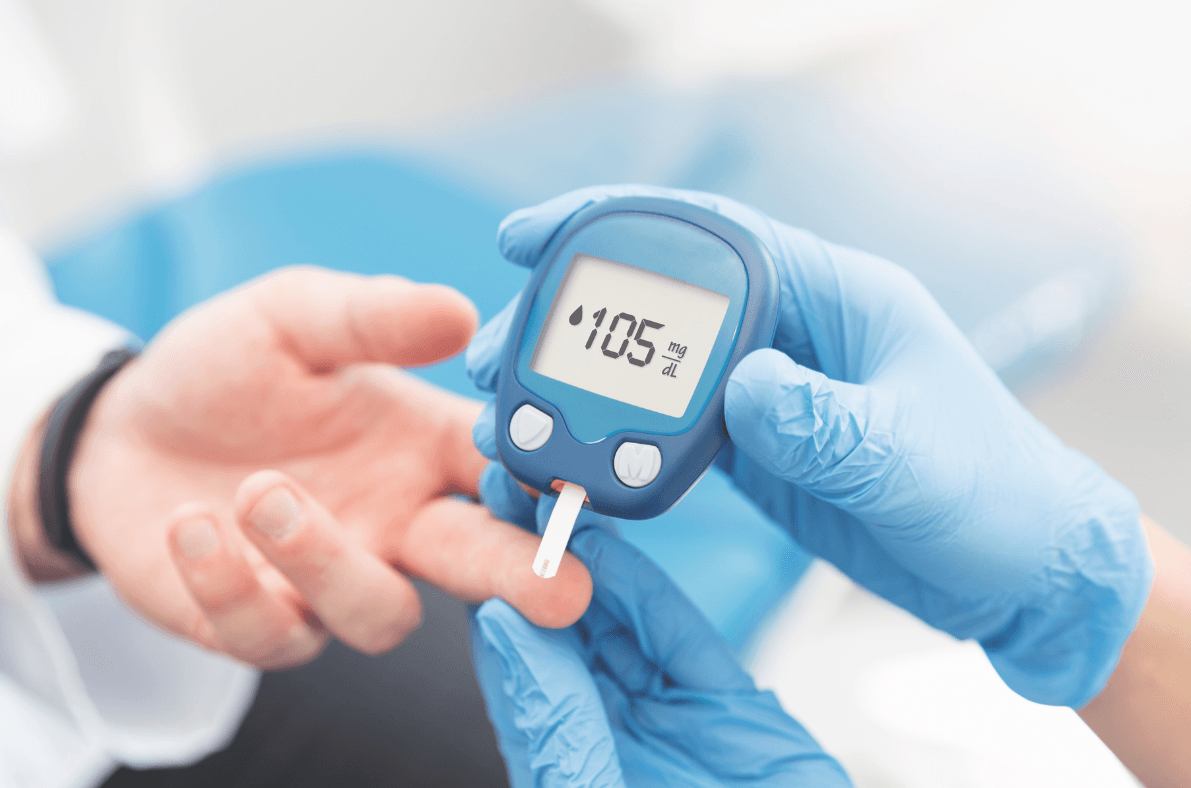This is a subtitle for your new post

From June 15th 2020, we will change the way we offer appointments for your GP
All requests for GP appointments will be assessed after completing an eConsult form online – click the link on the home page of our website.
We will get back to you and may offer you a face to face appointment at the surgery, a telephone or video call, send an SMS message with advice, send a prescription to the pharmacy, possibly order tests or a referral.
We shall respond to requests as needed: before the end of the next working day, at the latest (6.30pm) but mostly the same day.
Those without internet or who can not complete an eConsult can still phone the surgery and a team member will help you.
Parents can use eConsult for children from 6m (under 6m will still have to be by phone contact) until 18y.
Young people can send their own eConsult from aged 16y (from the ‘I want help for my child’ selection).
Why are we changing?
This is in line with a ‘Digital First’ strategy for Primary care in the NHS Long Term Plan. We have brought forward these changes due to the Covid-19 Pandemic.
It’s safe – it provides the clinical team with detailed information to ensure that patients get the right input in time. This is important as the lockdown measures ease when there is likely to be a large backlog of work.
We can respond to patients’ needs – Many are not keen or feel it is unsafe to leave home to come to the surgery
Allows us to be flexible – this system will allow us to cope with any further waves of Covid
It’s convenient – patients can complete online consultations in their own time and at their own pace.
How will it affect me?
We hope the new system aims to provide a better, more responsive service:
Having information about your concerns in advance helps us deliver the best help to you quickly and may avoid an unnecessary wait for an appointment and trip to the surgery.
Reduce phone-call waiting times.
Allow more time for face to face consultations.
What about routine appointments for my Long Term Condition?
Medical conditions such as Diabetes, COPD, Hypertension and so on require regular routine checks and we’ll continue to invite you for these in the usual way based around your birthday. We’ll also invite you as usual for routine Medication reviews at regular intervals. Instead of needing to come into the practice in person we will ask you to complete an online consultation review form.
Will I still be able to see a Doctor face to face?
Yes but perhaps not so often. We have precautions in place to ensure it is safe to see a doctor when necessary, and we will assess the need through eConsult, phone and video calls.
Traditionally patients came to see the doctor for everything but we know much of our care can be delivered more efficiently and this will benefit everyone. In particular during the COVID pandemic we need to reduce your risk and your Doctors.
What about nurse appointments, phlebotomy and so on?
These will continue to be booked through Patient Access online booking, telephone and some eConsult.
What about Admin requests?
Please send all of your admin requests via eConsult – whether you need a certificate, letter, form filling etc.
I am worried about this
We are continually reviewing the situation and will adjust it depending on how everyone finds it. Your feedback will be very important, so please do let us know your thoughts and any ideas you have.
The best way to eConsult with us is via the new NHS App. Once you’re signed in you’ll also be logged in to all NHS services. You can download this from the Apple App Store or Google Play for Android.

Diabetes isn’t an uncommon illness, but it can be serious and result in your having to change your lifestyle. There are two different kinds of diabetes, and the main difference between them is that type 1 is genetic, whereas type 2 diabetes can be down to your lifestyle and will develop over time, rather than showing up in an earlier stage of your life. It is important to know what the symptoms of diabetes are so that you can address the problem sooner rather than later, so below are some of the key things to look out for and when you should see a doctor. What are the Symptoms? If you want to know how to tell if you have diabetes, these are common indicators that you might have developed this problem. The need to urinate frequently, or feeling thirsty and/or hungry a lot. You might also notice that you experience extreme fatigue, weight loss, tingling sensation, or pain in your hands and feet. Cuts and bruises might also take longer to heal than they have done in the past. Some people might also experience blurred vision or find that they are getting thrush in the genital area repeatedly. You may want to refer to a self help service to check symptoms if you are concerned. What Should You Do? If you are concerned that you have diabetes, the first thing to do is make an appointment with your doctor. They can arrange a blood test to check your blood sugar levels, as this can be a great indicator of whether or not you have diabetes and can be one of the first warning signs. High blood sugar can be treated with lifestyle changes, and you may need to take insulin at times too. Your doctor can talk you through how to manage your diabetes more effectively, or look at NHS GP for more information. They may even refer you to specialist centers for disease control for further support and guidance. Who is at a Higher Risk? If you do have a history of type 1 diabetes in your family, then you are more likely to develop this condition, too. However, for type 2 diabetes, those at a higher risk include people who have a diet that is high in fats and sugars and are overweight. Your risk also increases the older you get, with a lot of people developing this when they are over 40. This is why it is important to monitor high levels of blood sugar and get this tested if you are concerned. Lifestyle Changes for Diabetics If you do have type 2 diabetes, there are some things you can do at home to help this. The first step is to look at moving to a healthier lifestyle and eating a more balanced diet with reduced sugar. Remember to be careful with carbs, too, as these can turn into sugar in your body. You might also want to think about getting more exercise to help you lose weight which can be beneficial. If you are worried about whether or not you have developed diabetes, contact your doctor as soon as possible to take the necessary tests.

What is PTSD? Learn about the symptoms of PTSD and what to do if you think you or a loved one has this psychiatric disorder. PTSD, which stands for post-traumatic stress disorder, is a psychiatric disorder that occurs after a traumatic event or prolonged trauma over time. Historically, it became known as “shell shock”, which many soldiers experienced after combat in the world wars. However, any kind of trauma can lead to this disorder, such as: Accidents Assault Abuse Illness or injury (either yourself or a loved one) The death of a loved one Going through these experiences does not being you will definitely experience PTSD. A traumatic event or prolonged trauma might trigger the disorder in one person and not another, and it has not been determined exactly why. One suggestion is that those suffering from PTSD have high-stress hormone levels, though this isn’t always the case. If you think you or a loved one might have PTSD, it’s crucial to understand the symptoms and seek medical help to process the memories and reduce symptoms over time. Below are the most common symptoms of post traumatic stress disorder PTSD. Flashbacks of Trauma After experiencing a traumatic event, many people feel sad, scared, and anxious, and these symptoms tend to improve naturally over a few weeks. In people with PTSD, these symptoms last far longer and can produce one of the most common symptoms associated with post traumatic stress disorder: flashbacks. Flashbacks make a person with PTSD experience the traumatic event over and over again in their mind. Often, the flashback is very vivid and causes high levels of panic and anxiety, and can even become debilitating in severe cases. Frequent Nightmares People with PTSD usually experience frequent nightmares, often of the traumatic event or events that they have been through. These nightmares cause elevated stress levels and can lead to further issues, like sleeping difficulties and insomnia. Extreme Anxiety Anxiety is a symptom of multiple mental health issues, including PTSD. After experiencing trauma, a person with PTSD will often feel extreme anxiety in their day-to-day life. They Avoidance It is common for people living with PTSD to avoid anything associated with the traumatic event they experienced, which often includes people, places or activities. It is common for sufferers to even withdraw from their friends and family. Over time, this can make their symptoms even worse as they continue to isolate themselves. Intrusive Thoughts Intrusive thoughts involve upsetting and confusing thoughts that those with PTSD wish would disappear. Typically, these thoughts lead to feelings of guilt and upset. Without treatment, these intrusive thoughts are difficult to manage and might worsen over time in some cases. Irritability or Anger Many people with PTSD become irritable or angry, which can lead to reckless behaviour. This behaviour might cause them to damage their relationships. Extreme anger may also be a sign of complex PTSD, which is caused by long-term trauma rather than a single event. PTSD in Children Children can get PTSD just like adults. The symptoms may look different, though. If you suspect your child has PTSD, here are the signs to look out for: Reliving the traumatic event Angry outbursts Nightmares Fear and/or sadness Seek Help for PTSD When experiencing symptoms like this, it’s important to see mental health specialists in order to determine the cause. Then, these mental health professionals can provide appropriate treatment to help the patient manage and improve their symptoms over time, whether through therapy or medication, or a combination of both. If you think you or your loved one is experiencing PTSD, book an appointment with your NHS GP as soon as possible. Help is available, and nobody has to carry on suffering with their symptoms.









